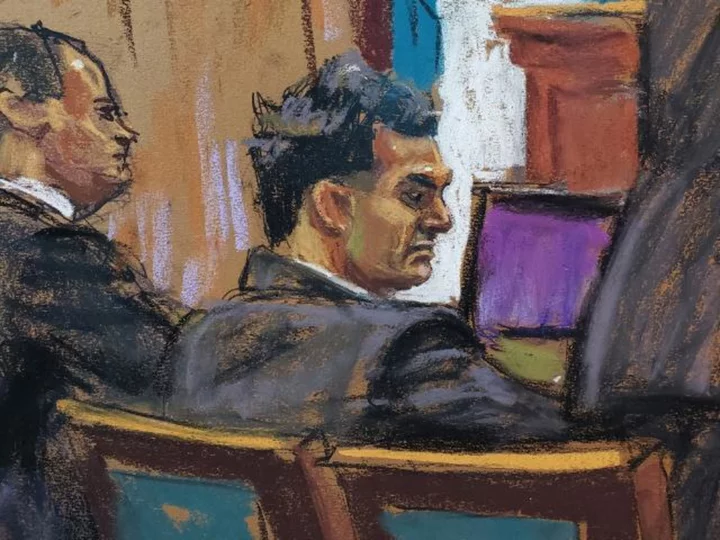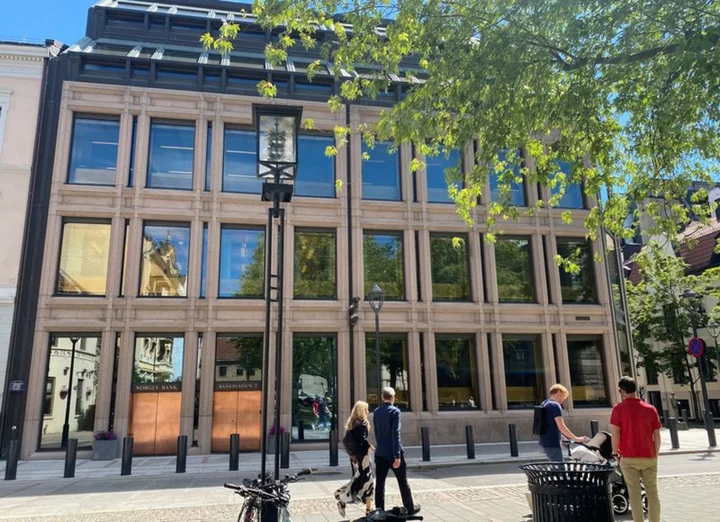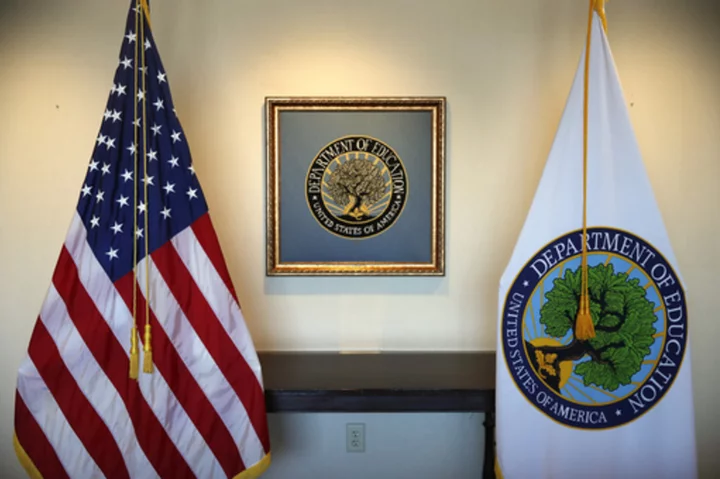In their opening statements to a newly sworn-in jury in Manhattan federal court, lawyers laid out previews of their cases, offering two divergent narratives for the collapse of Sam Bankman-Fried's crypto empire.
Assistant US Attorney Thane Rehn painted a picture of a villainous, greedy businessman whose boundless appetite for wealth and power led him to steal billions of dollars in customer funds.
"He had wealth, he had power, he had influence," Rehn said. "But all of that — all of it — was built on lies."
Rehn reiterated the government's accusations that Bankman-Fried, known as SBF, used his crypto exchange, FTX, as his own personal piggy bank, using the money he took from customers to enrich himself and his family, buy luxury beachfront property in the Bahamas and funnel millions into US political campaigns.
The US government has charged Bankman-Fried with multiple counts of fraud and conspiracy, following the implosion of his crypto-trading platform, FTX, last year.
"This man," Rehn said, pointing to Bankman-Fried a few feet away, "stole billions of dollars from thousands of people." He repeatedly underscored a central argument: that Bankman-Fried stole, enlisted others to help him steal, lied about stealing, and continued to lie to try as he sought to cover up his crimes.
As Rehn spoke, Bankman-Fried, dressed in a suit and tie and flanked by his attorneys, trained his eyes on a laptop, expressing no reaction to the prosecutor's allegations. But as his own lawyer, Mark Cohen, stepped up to speak, Bankman-Fried's demeanor softened and his focus shifted to the jury box.
Cohen laid out a starkly different view of his client and the collapse of his businesses.
"Sam didn't defraud anyone," he told jurors, arguing that his client acted in good faith throughout the rise and fall of his startups.
"Sam was someone who worked very hard," Cohen said, adding that SBF was "a math nerd who didn't drink or party."
As for the mistakes that led to FTX's and Alameda's undoing, Cohen argued that Bankman-Fried and his colleagues, like many entrepreneurs, were "building the plane as they were flying it." But as the crypto industry flailed in 2022, they were about to fly into "a perfect storm."
Cohen echoed some of the defenses Bankman-Fried has made over the past year, including that "things were moving quickly" and FTX didn't have a fully built-out risk management team.
"It's not a crime to be the CEO of a company that later files for bankruptcy," he said.
How the trial will play out
Lawyers will lay out their cases to the court in closely watched statements that offer a preview of how the next several weeks will play out.
Prosecutors say Bankman-Fried, who is 31, stole roughly $8 billion worth of customer funds to cover risky bets by his crypto hedge fund, buy luxury real estate in the Bahamas and donate tens of millions of dollars to US political campaigns.
Bankman-Fried has pleaded not guilty to seven counts of fraud and conspiracy, and his defense is expected to echo statements he has made to the press and in blog posts since his arrest in December last year.
The former crypto billionaire has repeatedly cast himself as a clumsy businessman who made a series of errors of judgment though never knowingly committed fraud.
Legal experts say Bankman-Fried's lawyers have their work cut out for them. The biggest obstacle: At least four former high-ranking business associates have pleaded guilty in cooperation with prosecutors and plan to testify against their former boss.









